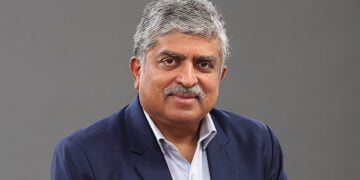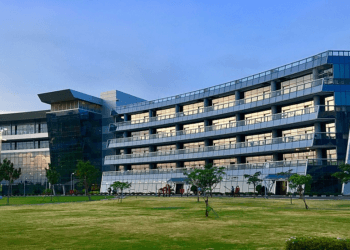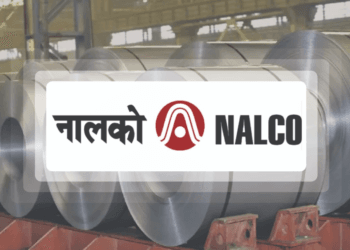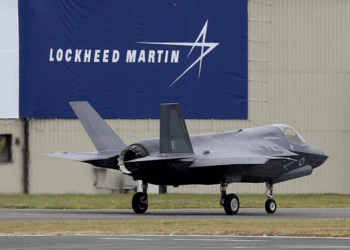Athira Sethu
Kochi, 26 June 2025
Infosys Chairman Nandan Nilekani addressed the company’s annual general meeting and reiterated that the world is undergoing large, challenging shifts. He explained that various dramatic trends are taking place simultaneously, posing challenges that companies have to navigate carefully.
He stated the current situation is much different from the past. Issues such as fresh tariffs, rapid development of artificial intelligence (AI), and a transition to cleaner energy are making things highly uncertain. In Nilekani’s view, we are shifting from one large world market to fragmented, distinct regions. That implies firms must now make select decisions on which markets they operate in and how they organize their businesses.
He recalled the days of the COVID-19 pandemic, when companies learned how dangerous it was to rely on a single supply chain. Today, with fresh tariffs and trade guidelines, companies are forced to reconsider the source of their supplies. He would like companies to rapidly construct more diversified supply chains that do not depend on a single nation or region.
Nilekani also spoke of the growth of AI. He explained that a lot of companies today need to replace their outdated systems and enhance how they store and process data. This matters because AI requires the appropriate type of data in order to function effectively. He employed the use of words “AI foundries” to describe where new concepts are created and “AI factories” to describe where those concepts are utilized on a large scale. He explained that companies require both in order to thrive with AI.
He also said that regulations and laws regarding AI vary from nation to nation. This will make it more difficult for businesses to apply AI in the same manner everywhere.
Nilekani further said that moving toward clean energy will hinge on developments in technologies such as solar, wind power, batteries, hydrogen, and even nuclear power.
He concluded by stating that every business, regardless of where it is located on the globe, needs to learn how to adapt to rapid transformations in technology and the global economy. They can then proceed to the future, which has so many uncertainties.





















